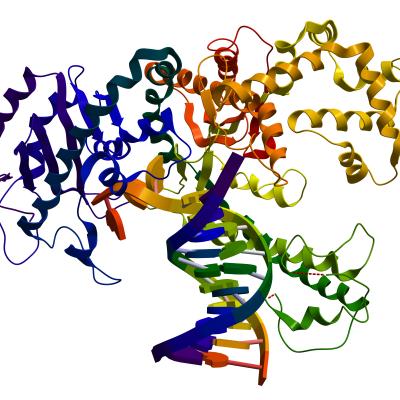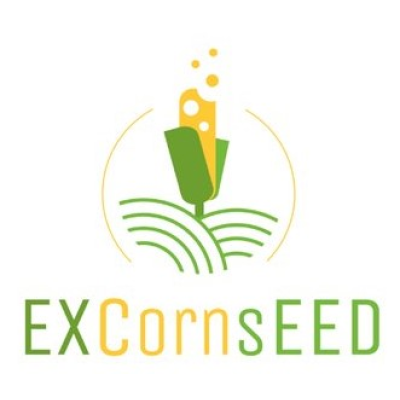Biofuels and bioenergy account for 12% of European bioeconomy turnover. They are an environmentally friendly alternative to fossil fuels but are more expensive to produce. An effective approach to lowering their costs is the creation of new value chains through the transformation of the production sidestreams from low-value applications.
Indeed, biorefineries sidestreams from biofuel and bioenergy production are rich in biologically active compounds and proteins. The recovery of all these high-value-added substances and their introduction to different markets increases the competitiveness and the sustainability of biofuels and bioenergy sector, with big environmental benefits. It also addresses the need for increased protein production, which is particularly pressing given predictions of protein shortages in the coming decades.
We see the urgency of uncovering the full potential of sidestreams from our processes.
Petra Ondrejíčková, EXcornsEED partner
‘We see the urgency of uncovering the full potential of sidestreams from our processes, which are currently valorised mainly as animal feed,’ said Petra Ondrejíčková, research and development specialist at Enviral, a Slovak bioethanol producer and EXcornsEED partner.
Ingredient preparation
As sidestreams, EXcornsEED chose to focus on corn oil and thin stillage from bioethanol production and rapeseed meal from biodiesel production. From the sidestreams, the partners were able to recover proteins and biologically active compounds, including peptides, polyphenols, amino acids, fibres, lipids, alkaloids, carotenoids and tannins.
Enviral approached partners with the main goal of developing and validating an integrated process to recover proteins for food, detergent and cosmetic markets.
Petra Ondrejíčková, EXcornsEED partner
To prepare for testing in product formulations, the substances were concentrated and purified. They were used as ingredients for chemical products such as detergents and high-purity speciality chemicals or cosmetics like hydrating, anti-ageing, anti-pollution, anti-inflammatory and antioxidant creams. Another use is in food and drink, including formula milk for toddlers, 3D-printed food and soft food for elderly people who have difficulty chewing or swallowing.
Assessment and upscaling
Regarding exploitation of the results, the feasibility of scaling the technologies and the business potential of the approach were explored, including through market analysis and stakeholder mapping. Enviral has now built a pilot plant in Slovakia and drawn up a road map for scaling, for which it is seeking commercial partners and investors.
The results will be the major step towards providing a sustainable solution – affordable, green, local, non-GMO plant protein and bioactive products.
Petra Ondrejíčková, EXcornsEED partner
‘Enviral is ready to validate, at a pilot scale, the technologies and processes developed in the EXcornsEED project. This will be the major step towards providing a sustainable solution – affordable, green, local, non-GMO plant protein and bioactive products. This way, we will help to make an impact and address the social and economic problem of expected protein shortages and dependence on imports from outside the EU,' explained Petra Ondrejíčková.
The concept by the CBE JU-funded EXcornsEED project makes biorefineries more sustainable. At full commercial scale, it will pave the way for a more circular and competitive European bioeconomy.
A strong consortium
EXcornsEED involved 13 organisations from seven countries: Belgium, Germany, Italy, the Netherlands, Romania, Slovakia and Spain. Along with Enviral, consortium members included German food company Biozoon, Italian cosmetics producer Dr. Lauranne, and consumer goods multinational Procter & Gamble. Research and technology institutions also participated.
‘Enviral approached partners with the main goal of developing and validating an integrated process of highly sustainable technologies to be applied to its sidestreams for the recovery of proteins and other bioactive compounds, and their characterisation and preparation as ingredients for the food, detergent and cosmetics markets,' added Petra Ondrejíčková.
EXcornsEED developed its integrated process by combining chemistry, biology, engineering, and biotechnology tools. To optimise the technological solutions and products, the partners assessed their performance, cost, and benefits. A sustainability assessment was also conducted, entailing life-cycle and technical assessments and a review of regulations and standards.

